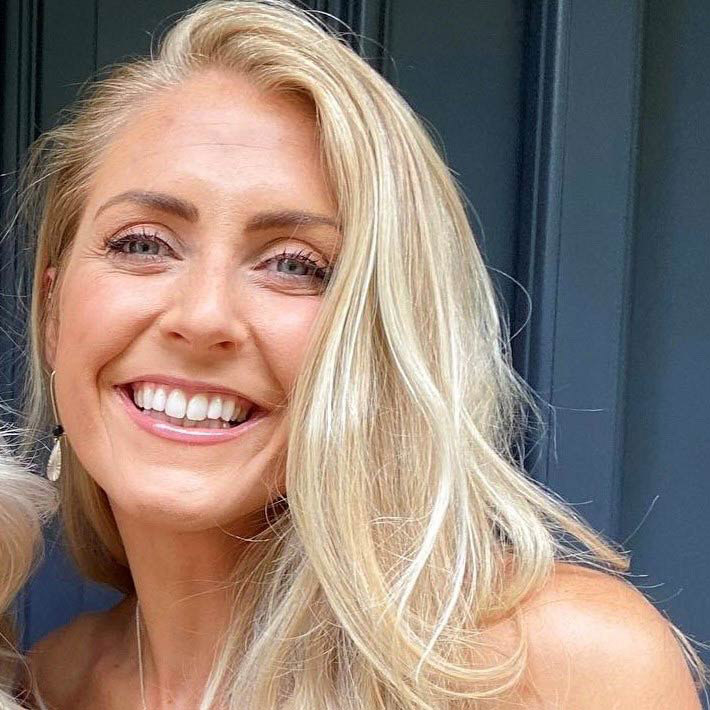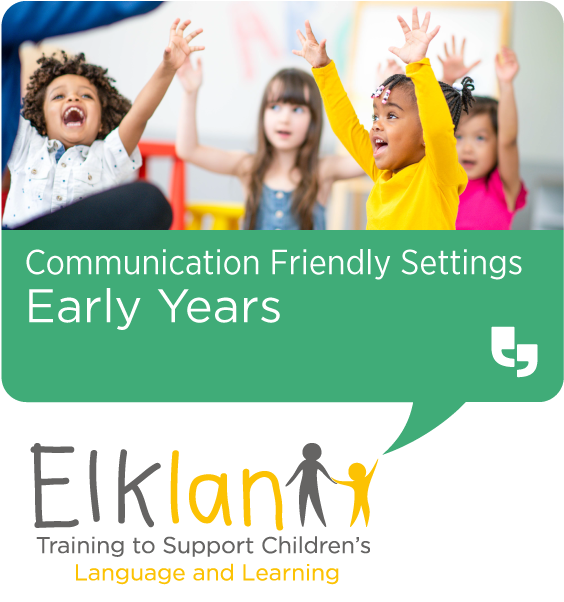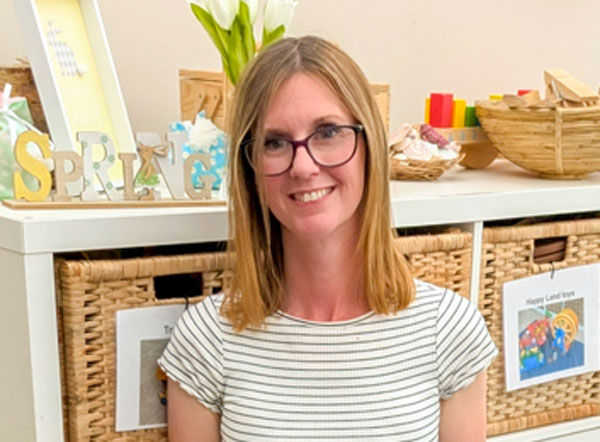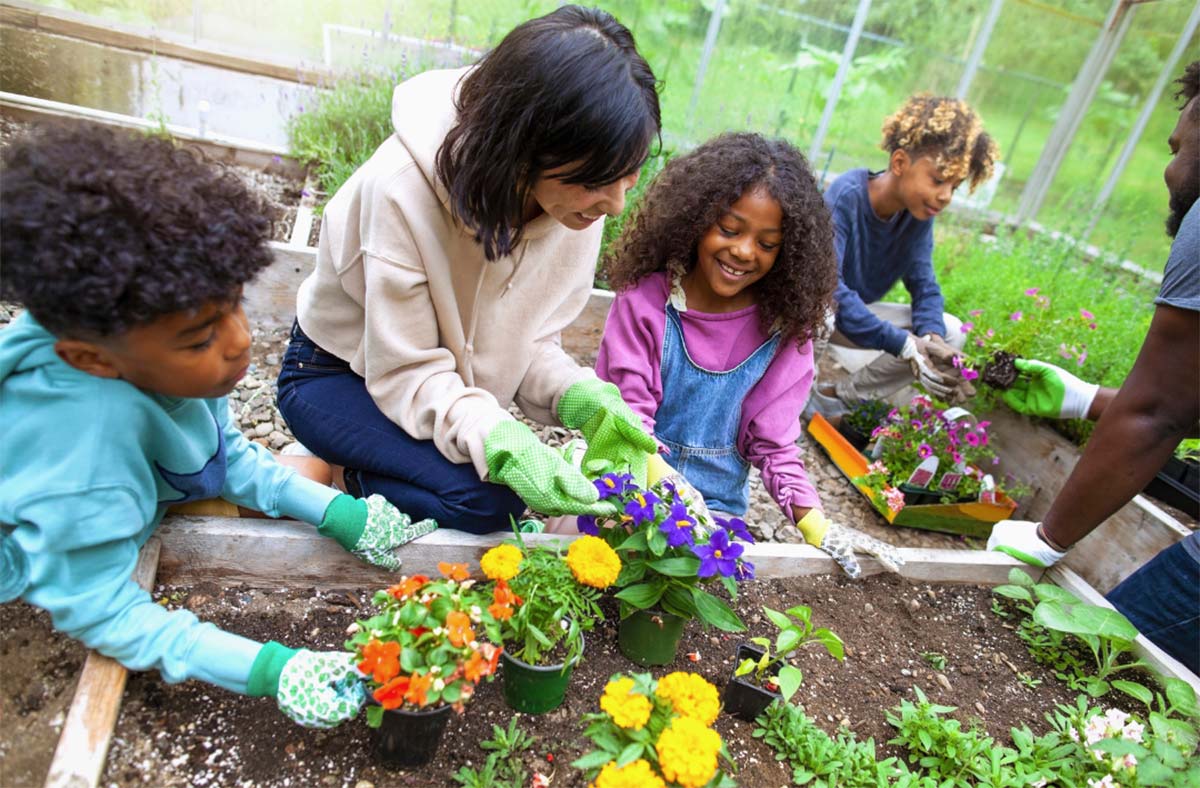Rivca Fletcher, an Elklan Practitioner on our Communication Friendly Settings (Early Years) programme, works in a Playgroup setting with 3–5-year-olds. She took the learning from Session 8 of the course and applied it with striking results. Her experience is an excellent example of how understanding the developmental stages of play - and matching our expectations accordingly - can unlock meaningful progress in speech, language, and communication.
🎓 What she learned: play and language are intertwined
The session focused on how play development mirrors language development. Children don’t just play for fun; they explore, experiment, and express their understanding of the world. As they move from exploratory play to pretend play with large dolls or teddies, and later to small world play, their symbolic thinking and vocabulary grow alongside.
If a child’s play isn’t following the expected pattern, we need to think about their language development too. This insight prompted the practitioner to reflect on her own approach with a child in her care.
🧩 The realisation: we were aiming too high
Rivca had been supporting a 3-year-old boy with language needs, using toys he loved - cars and trains - in small world scenarios. Although he was happy to play, he wasn’t using much language. The play was fun, but it wasn’t supporting communication growth.
After reflecting on her Elklan training, she realised that small world play might be too advanced for this child’s stage of play development.
💡 The change: large doll play with a big teddy
The practitioner decided to try large doll play. Knowing the child had shown interest in a teddy before, Rivca chose to use a teddy instead of a doll. In the home corner, she modelled real-life routines - feeding teddy, giving him a bottle, brushing his hair - using simple, relevant language: “milk,” “yum,” “night night.”
Very soon the child didn’t just play alongside her - he copied both the actions and the language.
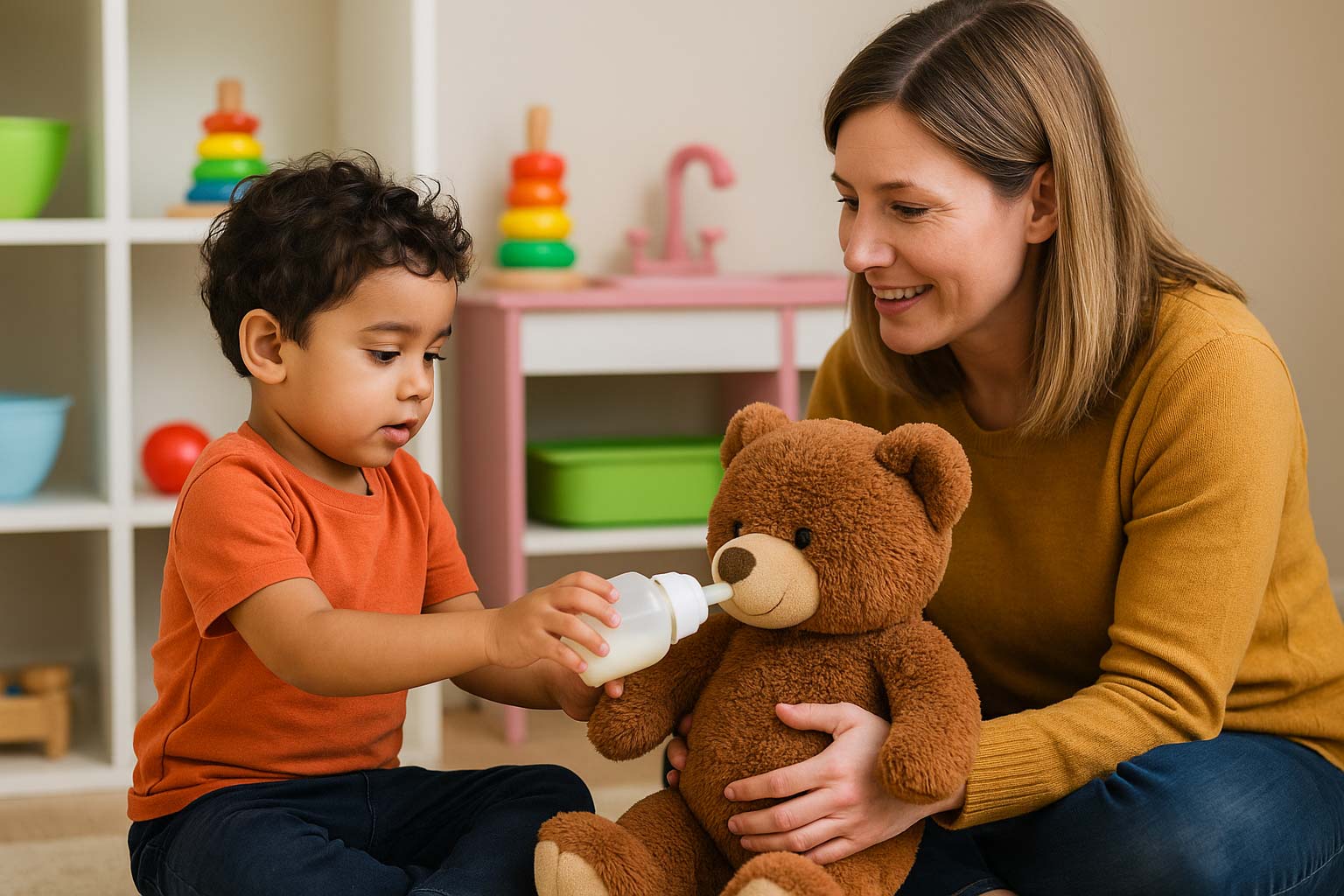
🗣️ The impact: new words and reduced frustration
The shift was immediate and powerful. The child fed the teddy, brushed his hair, and echoed new words like “milk,” “juice,” and “open.” These were words that mattered to him - ones he could use to communicate his needs and reduce frustration.
Unlike previous sessions where he stuck to words he already knew, this time he was learning and using new vocabulary, because the context was meaningful and matched his stage of development.
👣 What’s next: sharing the learning
Recognising the success of this approach, the practitioner plans to share what she’s learned with colleagues and with the child’s parent. If all adults working with him use the same strategy, the impact on his communication could be transformational.
Rivca also plans to reflect on which other children in the setting might benefit from a similar adaptation in play.
🌱 A story that shows the power of reflection
This learning log is a fantastic example of how Elklan training empowers practitioners to reflect and adapt - meeting children where they are, rather than where we hope they’ll be.
When play is aligned with a child’s developmental stage, it doesn’t just become more fun - it becomes a powerful tool for communication.
✨ Final reflections: why this story matters
At Elklan, we believe that small, thoughtful changes in practice can lead to meaningful outcomes. This practitioner didn’t introduce expensive new resources or complex strategies. Instead, she took time to observe, reflect and meet the child at their level.
By adapting play to suit the child’s developmental stage, she didn’t just create a more engaging experience - she opened the door to language. Words like “milk,” “juice” and “open” gave this child a voice, reduced frustration, and helped him connect more meaningfully with the adults around him.
Even more inspiring is her commitment to sharing this learning with colleagues and parents, multiplying the impact beyond a single child. It’s a reminder that when practitioners are supported with the right knowledge and skills, they can be the catalyst for real and lasting change.
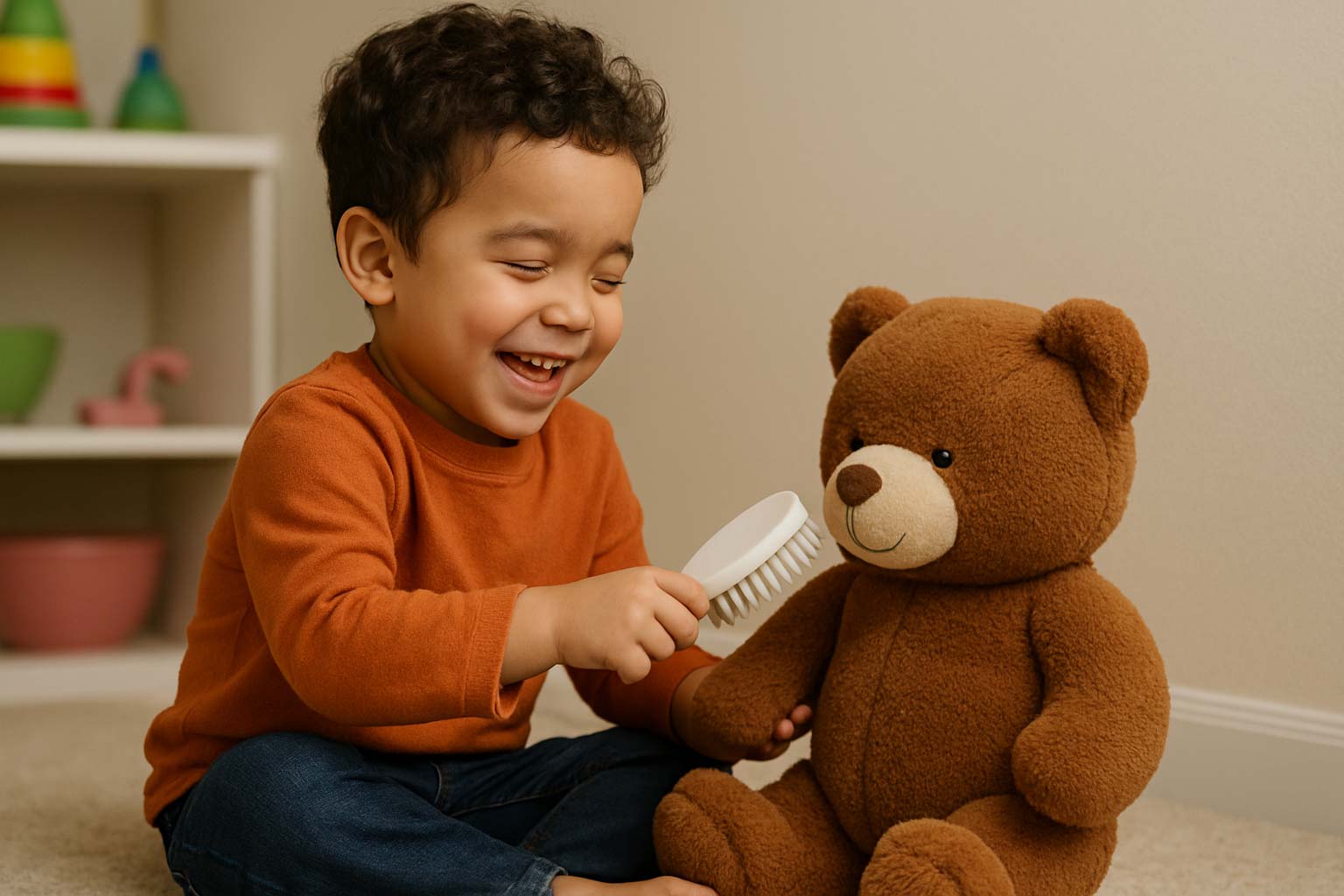
Want to learn how to spot and support SLCN through play?
Explore our Communication Friendly Settings programme here:
